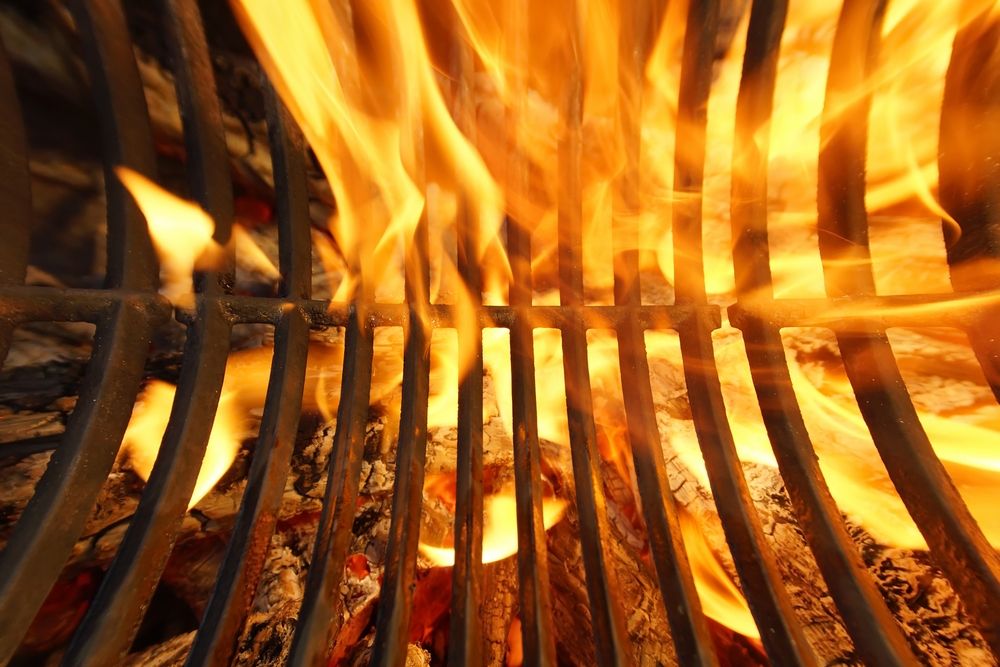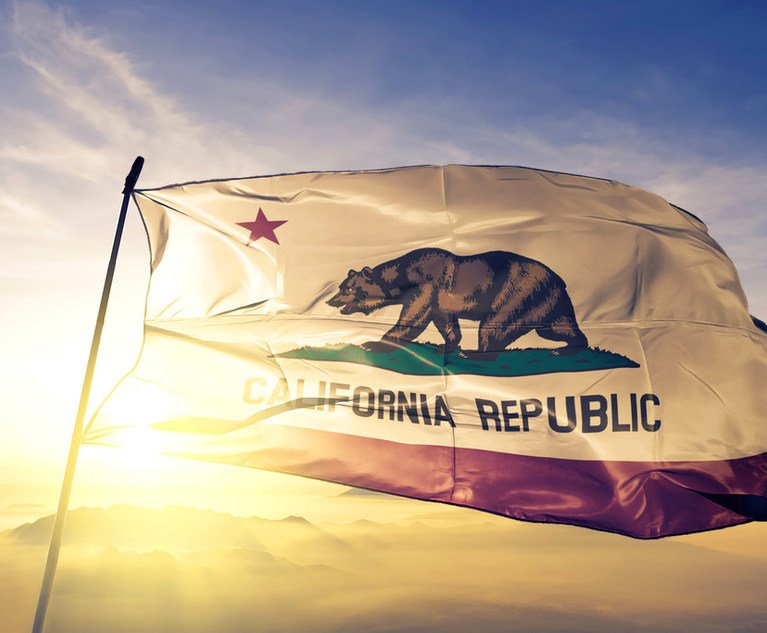Editor's note: This article first appeared on iii.org and is reprinted here with their permission.Visit Grilling Safety for the originalpost.
Every year, millions of Americans safely enjoy outdoorbarbecues, but accidents do happen. According to the U.S. FireAdministration, about 5,700 grill fires take place on residentialproperty every year, causing an annual average of $37 million indamage, 100 injuries and 10 deaths. The majority of grill fires arecaused by malfunctioning gas grills. In addition, thousands ofpeople visit emergency rooms every year because they have burnedthemselves while barbecuing.
|Homeowners policy coverage
|In the rare instance of a grill fire spreading to your property,your homeowners insurance would provide financial protection asfire is a covered peril. A homeowners policy covers thefollowing:
- Damage to the house itself.
- Damage to personal possessions such as lawn furniture.
- Damage to insured structures on your property, such as a shedor gazebo.
- Injuries to a guest, under the liability portion of thepolicy.
Keep in mind you’ll have to pay your deductible before yourinsurance kicks in, so if damage is minimal and your deductible ishigh, it may not make sense to file an insurance claim.
|However, the best way to enjoy a summer of outdoor barbecues isto take steps to prevent accidents, including maintaining yourgrill and using it safely.
||
(Photo: Shutterstock.com)
|Grill maintenance and storage
|Gas grills are generally safe if they are properly maintainedand checked for leaks. In some instances, grills are unsafe due tofaulty design or construction. (You can search the website ofthe Consumer Product SafetyCommission to see if there has been a recall on yourgrill.) When setting up at the start of each grilling season, thefollowing tips can help ensure everybody’s safety:
- Check grill hoses for cracks, holes and brittleness. Look forblockages as well, especially in the Venturi tube that runs to theburners. Clear blockages—caused by food drippings, spiders orinsects—with a wire or pipe cleaner.
- Run a soap solution (one part liquid soap, one part water)along hoses and at connections, then open the valve at your tankand check to make sure that gas isn’t escaping, which will beindicated by bubbles at the leaking points.
- Adjust hoses as needed away from hot areas or where greasemight drip on them.
- Store propane tanks outside, away from your house. Always checkto make sure valves are firmly turned off.

(Photo: Shutterstock.com)
|Safe barbecuing practices
|When barbecuing, use common sense and follow theseguidelines:
- Operate your barbecue on a level surface, away from your house,garage and landscaping. Don’t move the grill once it is lit.
- Keep children and pets away from ther grill.
- Protect yourself—or whoever is doing the grilling—with a heavyapron and oven mitts that reach high on the forearm.
- For charcoal grills, use only lighter fluid designed forgrilling. Never use gasoline or other flammable liquids, and neveradd more lighter fluid once the fire has started.
- Never grill indoors or in enclosed areas. Charcoal grillsproduce carbon monoxide (CO) fumes, which can be fatal inunventilated areas.
- Keep a fire extinguisher nearby.
- When you’re done with your cooking, remember that the grillwill remain hot for a while. Don’t cover or store your grill untilit has cooled, and soak coals with water before throwing themaway.

(Photo: Shutterstock.com)
|In case of an accident
|If a grill accident—or any kind of accident—does occur, injuriesshould be addressed immediately. Run cool water over minor burns,but do not cover injured areas with bandages, butter or salve. Inthe case of more serious burns, victims should visit the emergencyroom or an urgent care facility. If needed or when in doubt, call911.
|Once you have dealt with any injuries, assess your propertydamage and, if the situation calls for it, contact your insuranceprofessional to discuss filing a claim.
Want to continue reading?
Become a Free PropertyCasualty360 Digital Reader
Your access to unlimited PropertyCasualty360 content isn’t changing.
Once you are an ALM digital member, you’ll receive:
- All PropertyCasualty360.com news coverage, best practices, and in-depth analysis.
- Educational webcasts, resources from industry leaders, and informative newsletters.
- Other award-winning websites including BenefitsPRO.com and ThinkAdvisor.com.
Already have an account? Sign In
© 2024 ALM Global, LLC, All Rights Reserved. Request academic re-use from www.copyright.com. All other uses, submit a request to [email protected]. For more information visit Asset & Logo Licensing.








